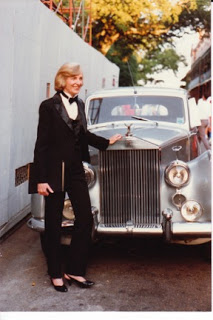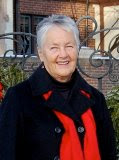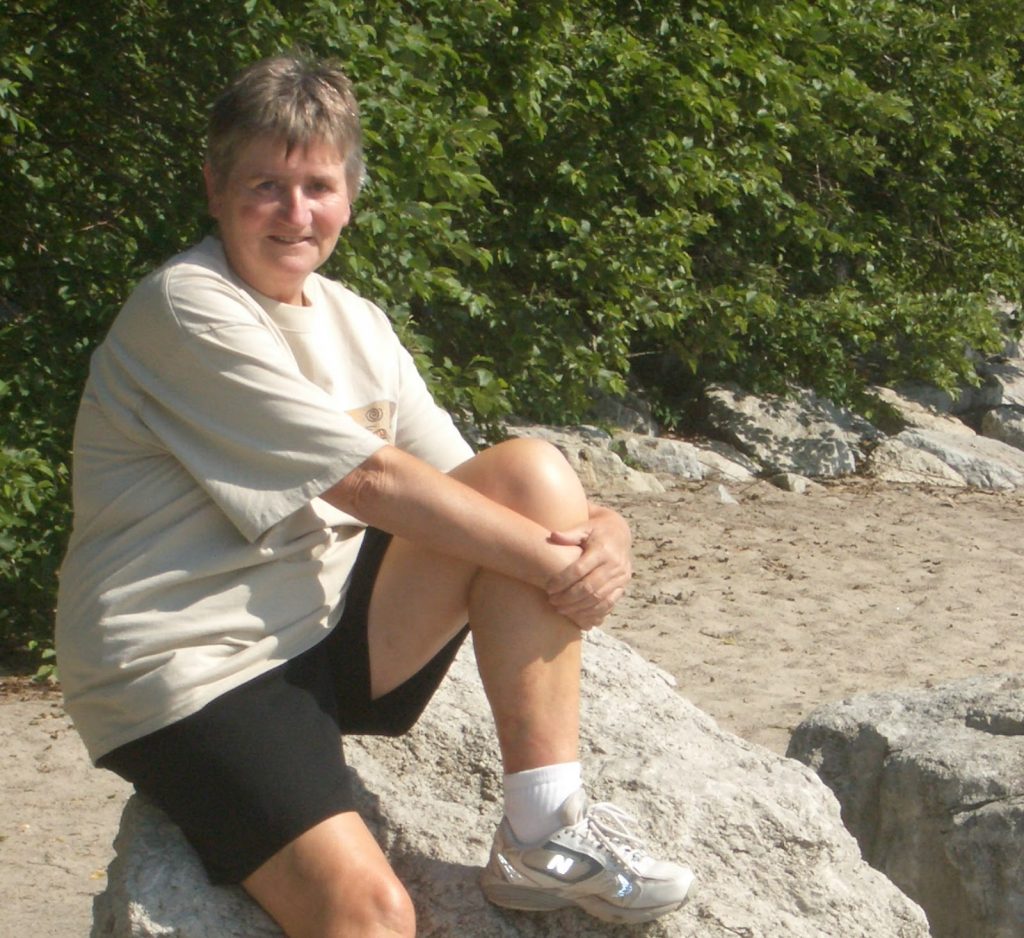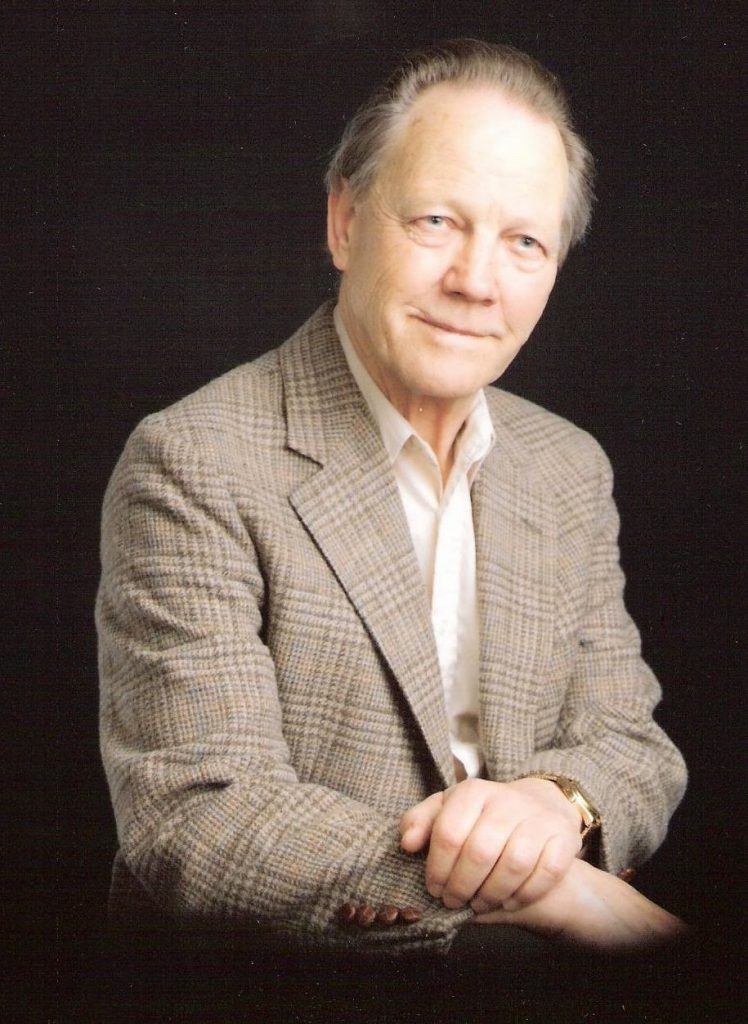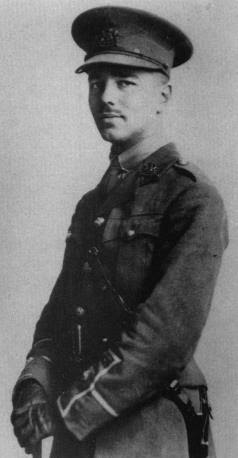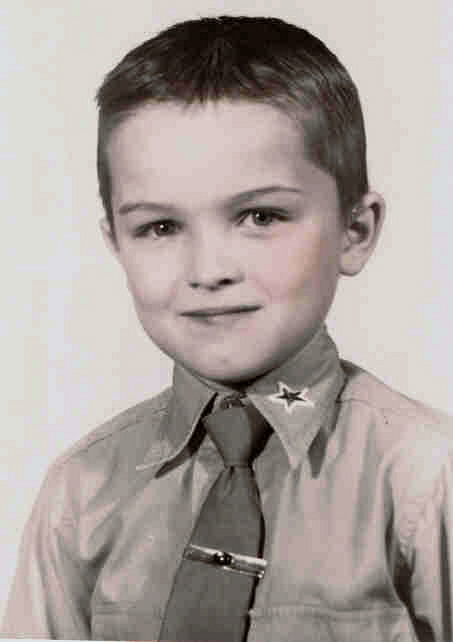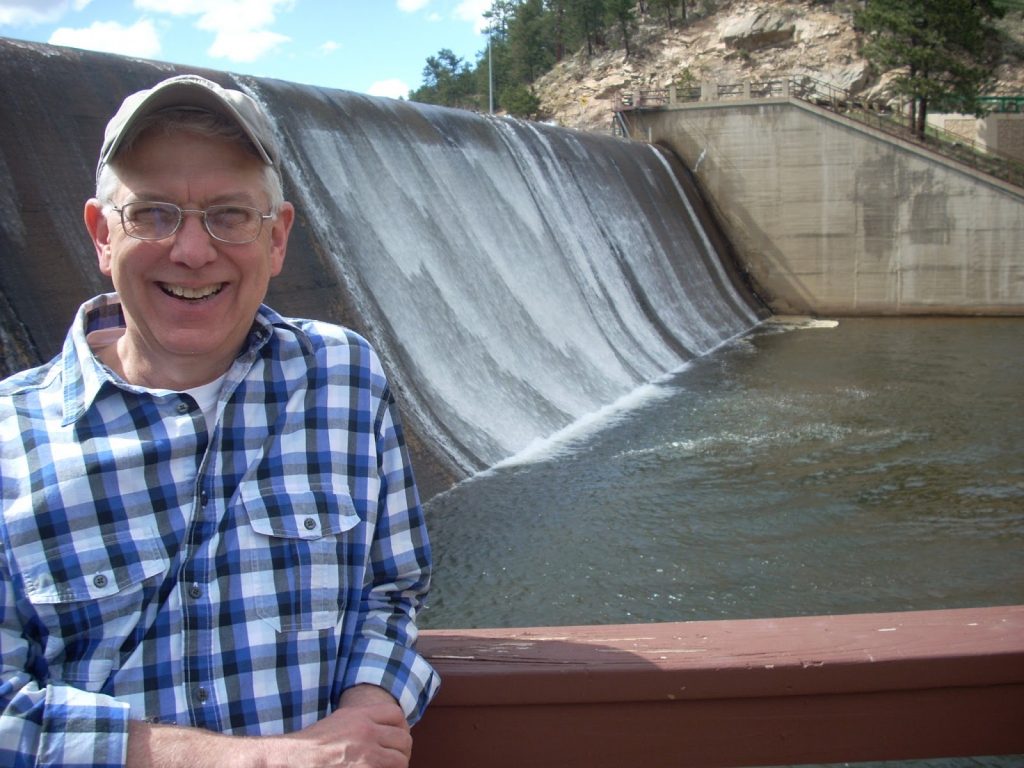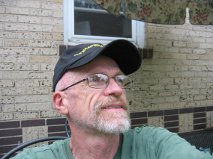recent hundred-year anniversary of the beginning of WW1 started me thinking
about how war, above any other single cause, creates lonely places of the soul.
After all, the very essence of the armed services is to nullify that; to create
a sense of belonging and total commitment to your military comrades. To a
considerable extent, I’m sure it succeeds. But at the same time it still leaves
ample room for lonely places. Did that man hanging on the barbed wire of no
man’s land in agony, screaming for one of his buddies to shoot him, feel less
alone and lonely in his terrible circumstances simply because he had
buddies? I cannot imagine so. Did that
tail gunner of the Second World War, huddling cold and frightened in his
rear turret, not feel impossible alone?
sadly, it is not just the combatants who inhabit such lonely places. It is
also, very often, the survivors, and certainly the people who love the ones who
died or returned as shattered pieces of their former selves, to occupy their
own lonely places. We only have to hear that someone is a Vietnam Vet to
immediately conjure up a vision, alas all too frequently correct, of someone
with …. well, let’s just say, a
vulnerable psyche. The estimate of total American Vietnam Vet suicides is
currently about 100,000; approaching double the number of Americans killed
during the twenty-some years of that seemingly endless, fruitless, war. Right
there are 100,000 vacated lonely places. And of course it’s not just the
veterans of that war who inhabit places so lonely that eventually they have to
take the only way out they can find. The U.S. right now suffers an average of
22 Veteran suicides each day, most of the younger ones having returned
from Iraq or Afghanistan with battered bodies accompanied by memories dark
enough to extinguish the light in their eyes, and their souls. 22 more lonely
places available every day, and no shortage of new tenants.
War 1, was a terrible war that was supposed to end all wars and instead gave
birth to the next, already half grown. Whole villages became lonely places.
They had lost an entire generation of men in two minutes “going over the
top,”, leaving only women, old men, and children, to struggle on. Children
dying before their parents is not the natural order of things, and creates
empty spaces so tight that they can squeeze the real life from those held in
their grip, leaving only empty shells to carry on. Consider that awful story of
the Sullivans from Waterloo, Iowa; all five sons died in action when their
light cruiser, USS Juneau, was sunk, (incidentally, one week after I was born,)
on November 13th, 1942. How on earth did their parents and only sister cope
with that one?
years ago I spent some weeks in Hungary. A Jewish friend in Denver had given me
the address of her cousin in Budapest, and I arranged a visit. This poor woman
had lost her husband and their only daughter, thirteen at the time, in
Auschwitz, but somehow survived, herself. She showed me the numbers on her arm,
and talked of nothing but her child, proudly, sadly, showing me photos of this
shyly smiling young girl. I had never met a Concentration Camp survivor before,
nor anyone who had lost their family in one. I felt physically sick but bravely
sat with her for two hours, hearing every nightmare of this family’s holocaust
as if it had just happened the week before. That was how she talked of it, and
I’m sure that’s how it felt to her. She had not lived since then, but simply
drifted on through that huge empty place of the lonely soul, going through the
motions.
of my own, personal, lonely places, and I suspect most of us have many of them
we can topple into at any unexpected moment, is the one I can get sucked into
when I find myself forced to confront Man’s constant inhumanity to Man. It’s
not only war as such, but any of the endless violence thrust upon us by
nations, religions, and ideologies. On 9/11/2001 I sat, along with most
Americans and half the world, with my eyes gazing at the TV, somehow mentally
and physically unable to detach myself. The one horror which burned itself into
my brain, out of that entire day of horror, was two people who jumped, holding
hands, from the hundred-and-somethingth floor, to certain death below. I wish
the TV channel had not shown it, but it did. I wish I hadn’t seen it, but I
did. It recurs in my protesting memory, and tosses me into my own lonely space,
even as I involuntarily contemplate theirs. Can you be anywhere but in a lonely
space when you decide to opt for the quick clean death ahead rather than the
slow, painful, dirty one fast encroaching from behind? How much comfort did you
get from the warmth, the perhaps firm grip, of that other hand? Did these two
people, a man and a woman, know each other? Were they friends? Workmates? Or
passing strangers? I have no doubt I could find the answers on the Web, but I
don’t want to know. Those two share my lonely place way too much as it is. They
estimate about 200 people jumped that day, but the only other image that stayed
with me, though not to revisit as often as the hand-holding couple, was a woman
alone, holding down her skirt as she fell. I felt an alarming bubble of
hysterical laughter and tears rising in me, but in the end did neither. To
paraphrase Abraham lincoln, perhaps I hurt too much to laugh but was too old to
cry. No, I doubt I will ever be too old to cry; in fact I seem to do it more
easily and with greater frequency. And perhaps that’s good. At least it’s
better than being, as I was that day, lost in my lonely place, too numb to do
either.
May of 2014, the 9/11 Museum opened. It occupies a subterranean space below and
within the very foundations of the World Trade Towers. That sounds a bit creepy
to me. Then I read that hanging on one wall is a huge photograph of people
jumping from the burning building, propelled by billowing black smoke. Why?
Talk about creepy. Why is it there? These people have loved ones, we
presume. Do we have no reverence, no respect, for the dead or for those who
remain? I feel my lonely place approaching. It rattles along in the form of an
old railroad car; doubtless it contains doomed Jews et al. My lonely
place has much of Auschwitz within it. I know for sure that I will never visit
that 9/11 museum. I did visit Auschwitz, and it was awful, but still there’s
the buffer of time. I hadn’t, unlike 9/11, watched it live on TV. I breath
deeply and feel my biggest, deepest, lonely place, pass on by. No, I won’t be
visiting that museum. There are times when those lonely places can only be
fought off with a big double dose of denial.
was born and raised in England. After graduation from college there, I moved to
the U.S. and, having discovered Colorado, never left. I have lived in the
Denver-Boulder area since 1965, working for 30 years at IBM. I married, raised
four stepchildren, then got divorced after finally, in my forties, accepting
myself as a lesbian. I have now been with my wonderful partner Betsy for 25
years.

